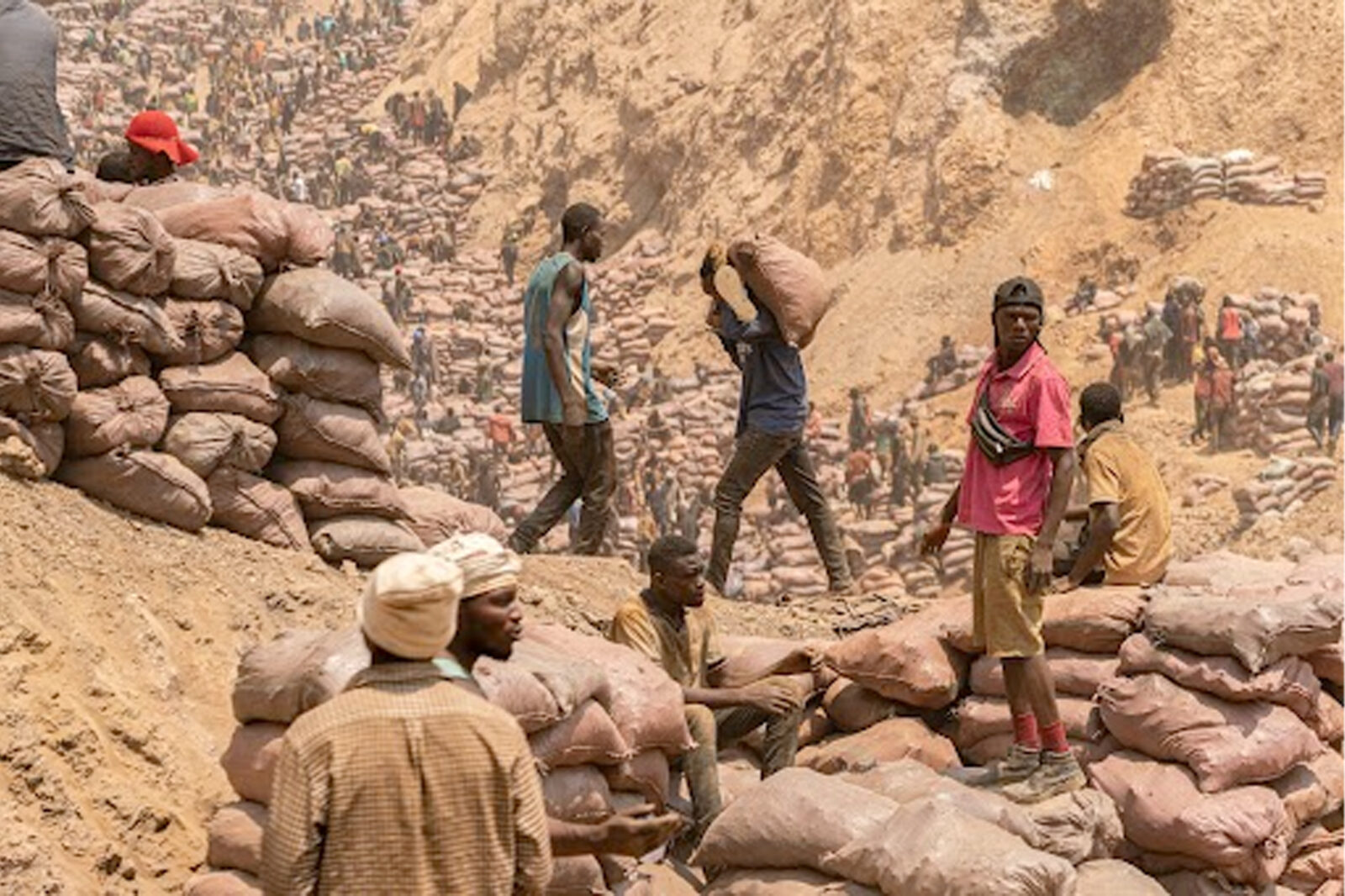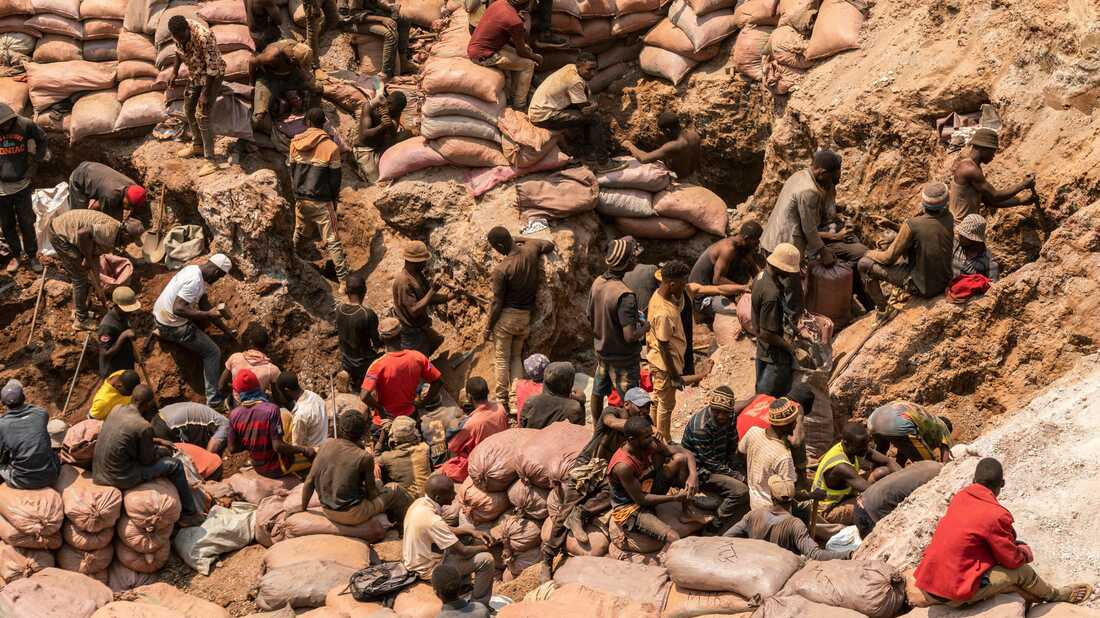
New research has revealed that cobalt, a crucial component in rechargeable batteries found in smartphones, computers, and electric vehicles, is often mined in slave-like conditions in the Democratic Republic of Congo.
Siddharth Kara, a fellow at Harvard’s T.H. Chan School of Public Health and at the Kennedy School, has been researching modern-day slavery and human trafficking for two decades and says there’s no such thing as a “clean” cobalt supply chain from the DRC, which has more cobalt reserves than the rest of the planet combined.
In his new book, “Cobalt Red,” Kara writes about the “artisanal” miners in the DRC who extract cobalt for just a few dollars a day, working in dangerous and inhumane conditions.

“People are working in subhuman, grinding, degrading conditions,” he said. “They use pickaxes, shovels, stretches of rebar to hack and scrounge at the earth in trenches and pits and tunnels to gather cobalt and feed it up the formal supply chain.”
The mining industry in the DRC has had a devastating impact on the environment. Millions of trees have been cut down, the air is polluted with dust and grit, and the water is contaminated with toxic substances from the mining process. What’s more, cobalt is toxic to touch and breathe, and many poor Congolese people are handling and inhaling it daily.
Almost all lithium-ion rechargeable batteries use cobalt, and while the DRC distinguishes between cobalt extracted by industrial mining companies and that which is mined by artisanal miners, Kara says the two are intertwined.
“There’s complete cross-contamination between industrial excavator-derived cobalt and cobalt dug by women and children with their bare hands,” he said. “Industrial mines, almost all of them, have artisanal miners working, digging in and around them, feeding cobalt into the formal supply chain.”
Kara recognizes the crucial role cobalt plays in technology and the transition to sustainable energy sources, but instead of giving up cobalt altogether, he believes the focus should be on fixing the supply chain.
“We shouldn’t be transitioning to the use of electric vehicles at the cost of the people and environment of one of the most downtrodden and impoverished corners of the world,” he said. “The bottom of the supply chain, where almost all the world’s cobalt is coming from, is a horror show.”
Kara stressed that it is essential to focus on improving the supply chain and ensuring that the workers who extract this critical component are treated with dignity and respect. The transition to sustainable energy sources should not come at the cost of the people and environment of one of the most marginalized regions in the world.
“In the 21st century, this is modern-day slavery,” Kara said. “It’s not chattel slavery from the 18th century where you can buy and trade people and own title over a person like property. But the level of degradation, the level of exploitation is on par with old-world slavery.”






















